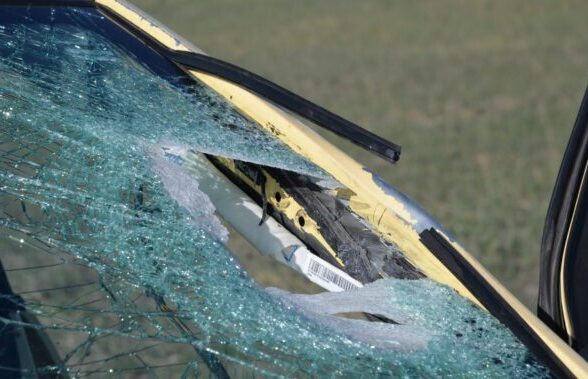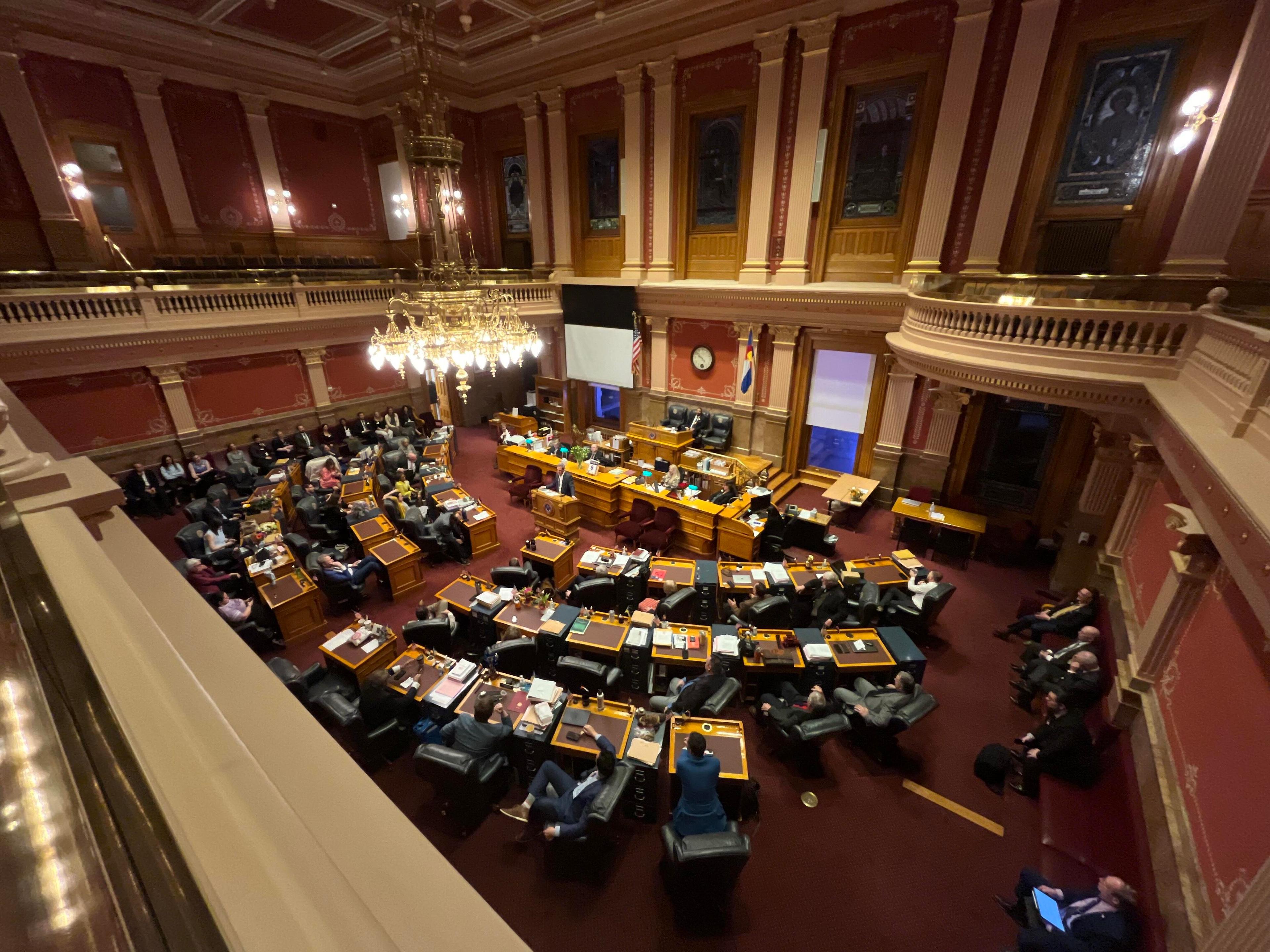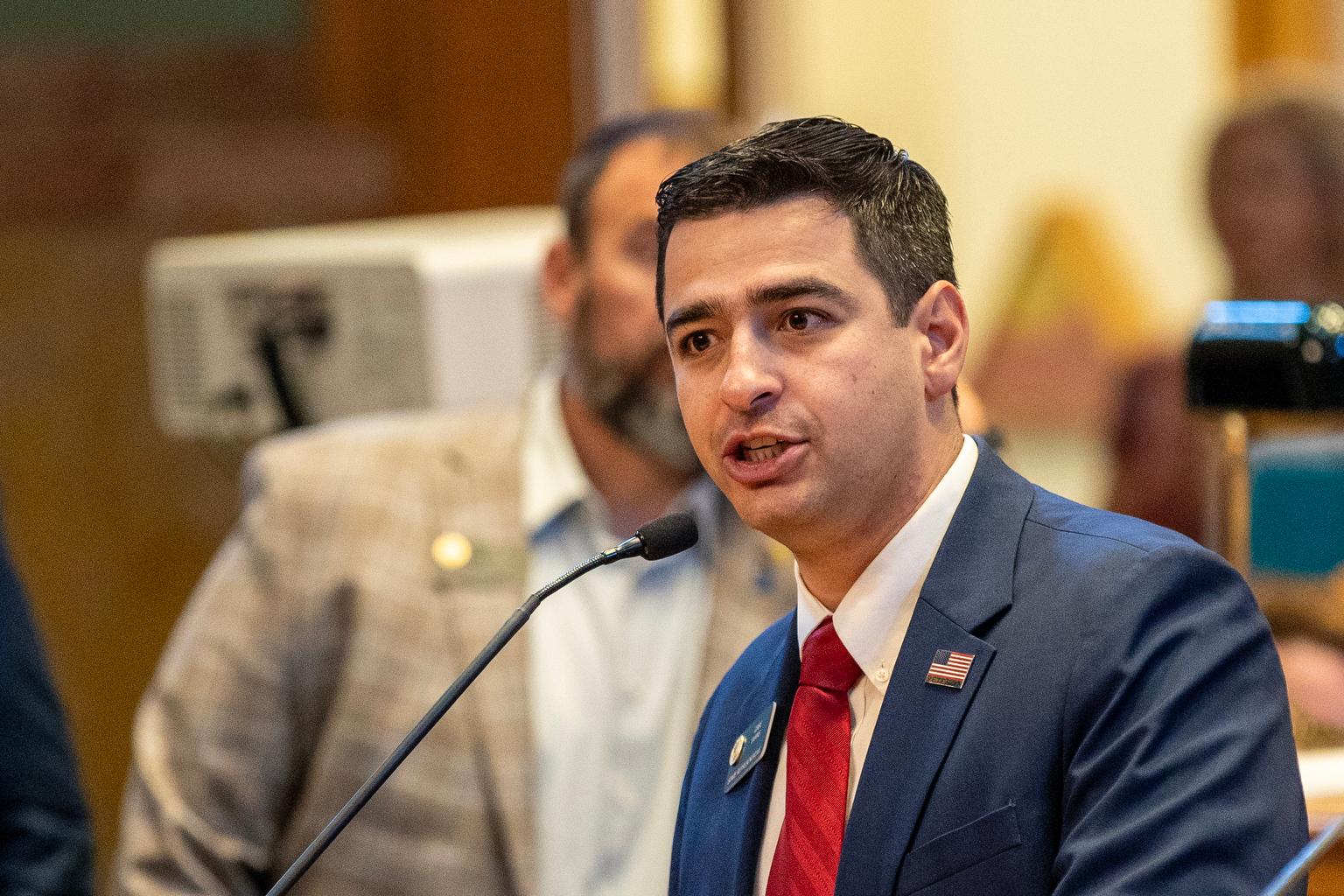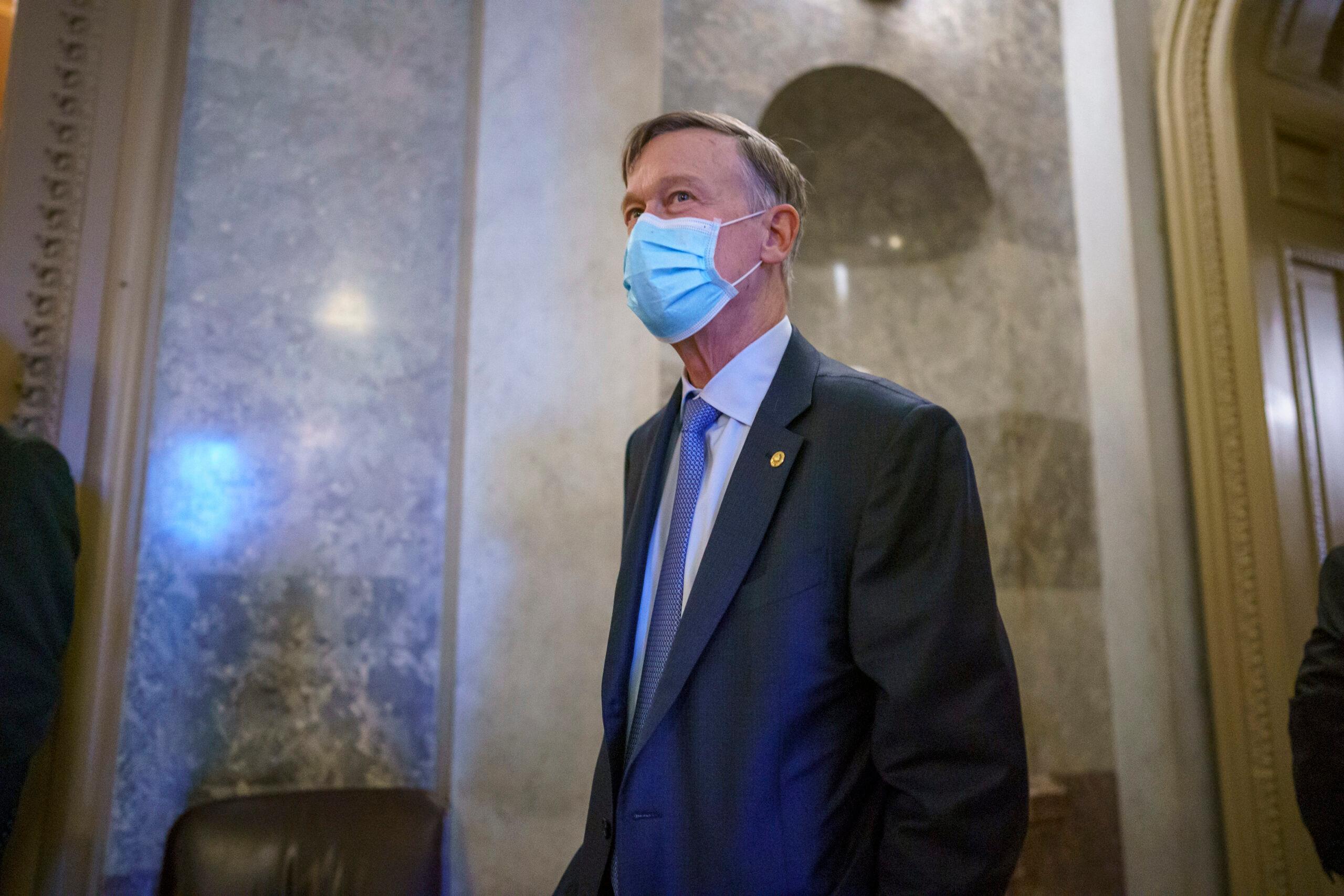
He didn’t know it at the time, but Sen. John Hickenlooper’s road to the Senate bipartisan group known informally as the G22 began over some beer and snacks.
West Virginia Senator Joe Manchin invited Hickenlooper and Arizona’s new Senator Mark Kelly to meet with him shortly after their orientation. “And he spent several hours just getting to know us, asking us questions about us, why we got into policy,” Hickenlooper said.
Manchin must have liked what he heard, because he invited the two to join the G22 — a bipartisan group trying to save the Senate from itself by finding bipartisan solutions and avoiding a nuclear meltdown by nixing the legislative filibuster.
While its membership has grown a bit and seen some shifts, the 10 Republicans, 11 Democrats and a lone Independent have been working closely for the last few months to reach a bipartisan compromise on infrastructure.
They’re close to succeeding, with the Senate days away from passing a $1 trillion infrastructure deal.
Out of the 10 new senators that came in this year, Hickenlooper and Kelly are the only ones included in this varied group. Hickenlooper said they were brought in “to make sure there was a fresh perspective of some people new to the Senate”
Working together
While the G22 members all have different reasons for wanting to be involved, there was one common thread, Hickenlooper said, especially after the storming of the U.S. Capitol building on January 6.
“We've got to show the world, we've got to show America that democracy can work, that we can come together and do meaningful legislation that moves this country forward,” Hickenlooper explained. “And I think that’s a big part of why that group of 22 hung together.”
The group has defied some stiff partisan headwinds — hashing out negotiations over lunches and dinners for months, while a core group of 10 led talks with the White House and their respective parties.
“Everybody wrote it off,” Hickenlooper said. “And I am very proud to say that I never quit on it.”
Part of the reason is Hickenlooper’s natural optimism, a trait he’s had since his entrepreneurial days, when he had to believe there was a solution able to fix any problem that came along.
“That attitude is missing from a lot of the Senate. And part of my job is to give a little injection of positivity,” he said.
The other part is the subject: infrastructure. Hickenlooper considers himself an infrastructure guy. He’s managed it first hand as a former mayor and governor.
To him, the closure of I-70 in Glenwood Canyon is a glaring example of why the country needs an infrastructure bill. There has been a lot of talk about infrastructure in recent years, but nothing has crossed the finish line. While this bill doesn’t provide a silver bullet for I-70’s mudslide problems, it’s the type of project that would qualify for the infrastructure investments laid out in the bill.
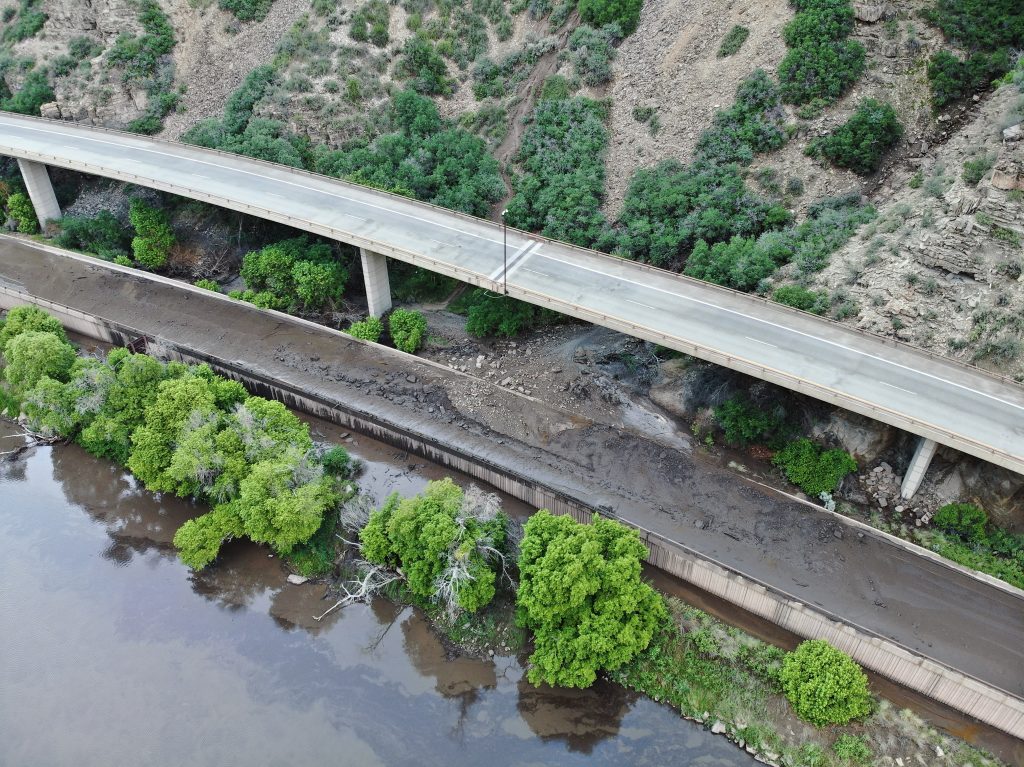
Hickenlooper is hopeful the group will stick together to ward off any poison pills being added to the bill, and they want to finally celebrate an infrastructure success soon.
There were 67 senators that voted to start debate on the bill, and Hickenlooper hopes the number of senators that vote to pass the bill is even larger.
It may be a short lived victory, though. Coming up is an even larger fight over a budget package that is not expected to garner any bipartisan support.

